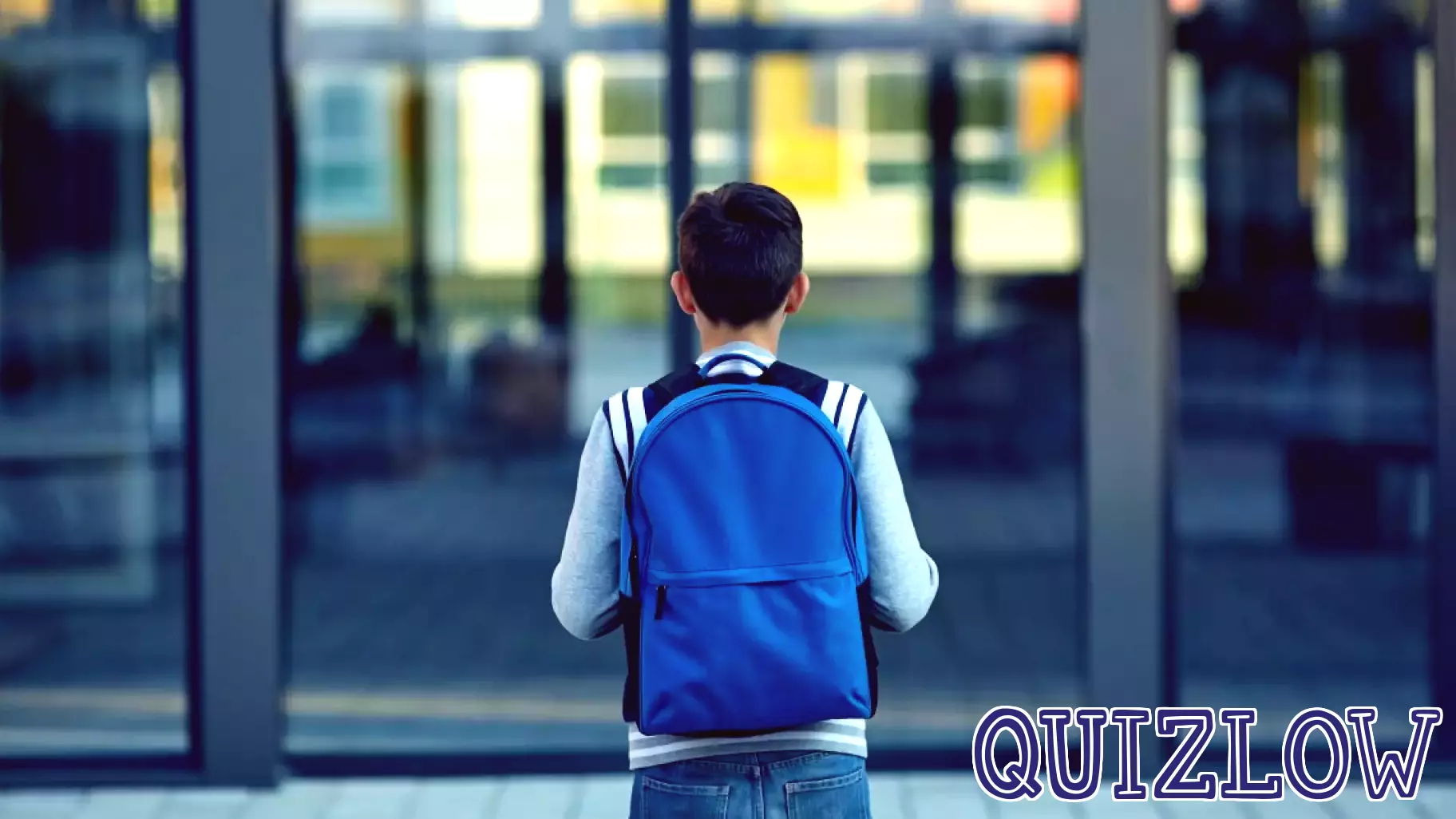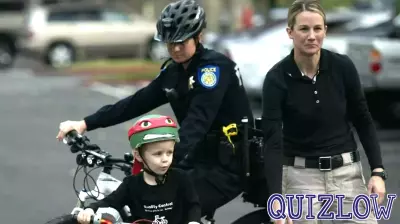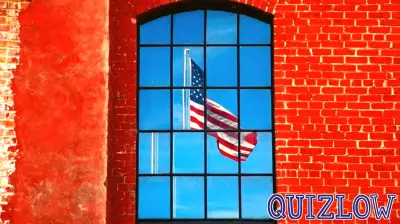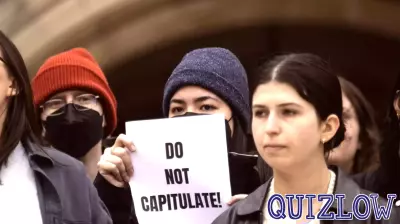March 18, 2025 - 03:50

In a significant development, several states are reigniting efforts to contest the landmark 1982 Plyler v. Doe ruling, which affirms the right of undocumented students to receive a free public education. This ruling has been a cornerstone for educational access, ensuring that children, regardless of their immigration status, can attend public schools without facing discrimination.
However, recent legislative proposals in various states aim to restrict this access, citing concerns over resource allocation and immigration policy. Proponents of these measures argue that providing free education to undocumented students places an undue burden on state budgets and public resources. Conversely, advocates for undocumented students emphasize the importance of education as a fundamental right and argue that denying access undermines the principle of equality in educational opportunities.
The resurgence of these challenges has sparked intense debates across the nation, raising questions about the future of educational access for millions of undocumented children and the potential implications for public education systems. As states navigate these contentious issues, the outcomes could reshape the landscape of educational rights in America.



